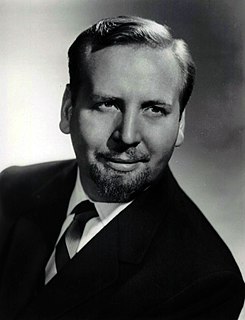A Quote by Tenzin Palmo
We're not making up merit scores for ourselves. We're making up merit scores so that we can be reborn in a situation where we can really live to benefit ourselves and others.
Related Quotes
The remarkable thing is that we really love our neighbor as ourselves: we do unto others as we do unto ourselves. We hate others when we hate ourselves. We are tolerant toward others when we tolerate ourselves. We forgive others when we forgive ourselves. We are prone to sacrifice others when we are ready to sacrifice ourselves.
I dedicate the merit of the occasion to all beings. This gesture of universal friendship has been likened to a drop of fresh spring water. If we put it on a rock in the sunshine, it will soon evaporate. If we put it in the ocean, however, it will never be lost. Thus the wish is made that we not keep the teachings to ourselves but to use them to benefit others.
Only by spiritual practice can we break through our karma and the effects of the causes we have made. Only then can we escape from them. It matters not whether you have acquired any merit. Merit is merit. Karma is karma. Nonetheless, if one practices the Quan Yin Method, one can be liberated regardless of having any merit or not. It is so logical, so scientific.


































